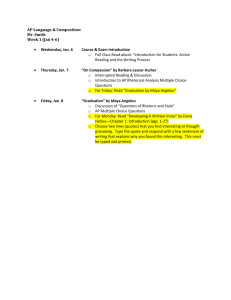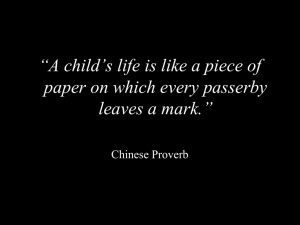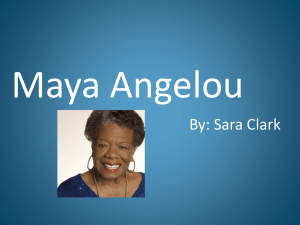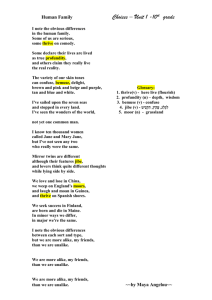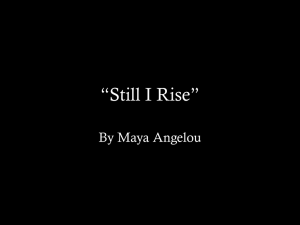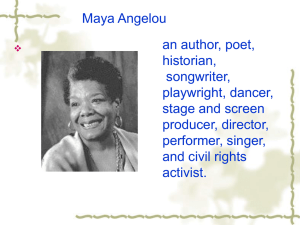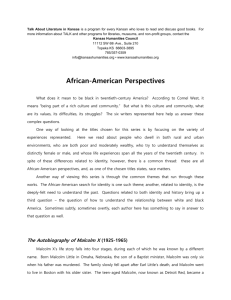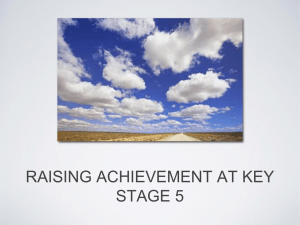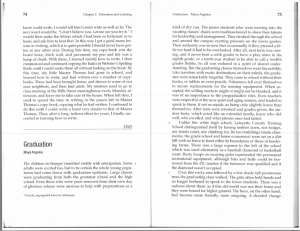Transcript - Cloudfront.net
advertisement
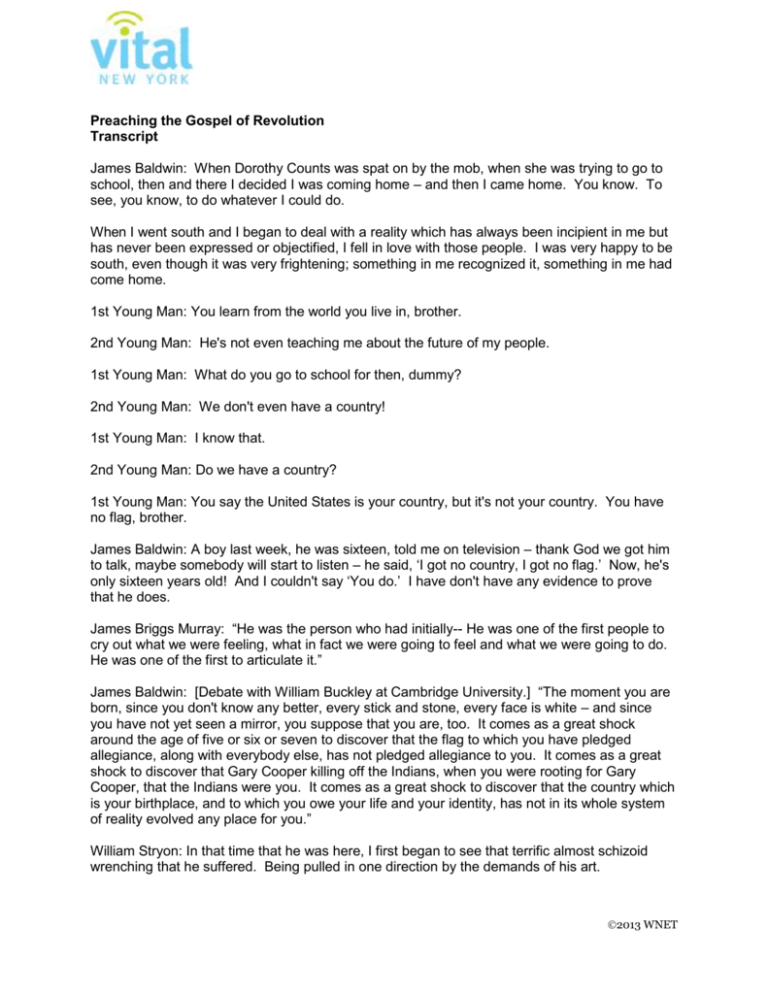
Preaching the Gospel of Revolution Transcript James Baldwin: When Dorothy Counts was spat on by the mob, when she was trying to go to school, then and there I decided I was coming home – and then I came home. You know. To see, you know, to do whatever I could do. When I went south and I began to deal with a reality which has always been incipient in me but has never been expressed or objectified, I fell in love with those people. I was very happy to be south, even though it was very frightening; something in me recognized it, something in me had come home. 1st Young Man: You learn from the world you live in, brother. 2nd Young Man: He's not even teaching me about the future of my people. 1st Young Man: What do you go to school for then, dummy? 2nd Young Man: We don't even have a country! 1st Young Man: I know that. 2nd Young Man: Do we have a country? 1st Young Man: You say the United States is your country, but it's not your country. You have no flag, brother. James Baldwin: A boy last week, he was sixteen, told me on television – thank God we got him to talk, maybe somebody will start to listen – he said, ‘I got no country, I got no flag.’ Now, he's only sixteen years old! And I couldn't say ‘You do.’ I have don't have any evidence to prove that he does. James Briggs Murray: “He was the person who had initially-- He was one of the first people to cry out what we were feeling, what in fact we were going to feel and what we were going to do. He was one of the first to articulate it.” James Baldwin: [Debate with William Buckley at Cambridge University.] “The moment you are born, since you don't know any better, every stick and stone, every face is white – and since you have not yet seen a mirror, you suppose that you are, too. It comes as a great shock around the age of five or six or seven to discover that the flag to which you have pledged allegiance, along with everybody else, has not pledged allegiance to you. It comes as a great shock to discover that Gary Cooper killing off the Indians, when you were rooting for Gary Cooper, that the Indians were you. It comes as a great shock to discover that the country which is your birthplace, and to which you owe your life and your identity, has not in its whole system of reality evolved any place for you.” William Stryon: In that time that he was here, I first began to see that terrific almost schizoid wrenching that he suffered. Being pulled in one direction by the demands of his art. 2013 WNET William Styron VO: and in the other direction by his moral need to do what he was also good at, which was to preach. That is to preach the Gospel of Equality, to preach the Gospel of Revolution if you want to call it that. David Leeming VO: He once said that he left the pulpit in order to preach the Gospel – and in a certain sense that's true. David Leeming: This was something he could do. You could say this was God's gift to him and this is what he made use of. William Styron: He had begun to make notes for the work that later became The Fire Next Time while he was here-01:48:11: William Styron VO: --and he discussed it with me, discussed the need to write an essay, a long polemical essay to tell white Americans what it was like to be black. Maya Angelou VO (reading): Everything now, we must assume, is in our hands. Maya Angelou (reading): We have no right to assume otherwise. If we-- And now I mean the relatively conscious whites and the-Maya Angelou VO: --relatively conscious blacks-- If we do not falter in our duty now, we may be able, handful that we are, to end the racial nightmare, and change the history of the world. Maya Angelou: If we do not now dare everything, the fulfillment of that prophecy, recreated from the Bible in songs by former slaves, is upon us: God gave Noah the rainbow sign, No more water, fire next time!' 2013 WNET
